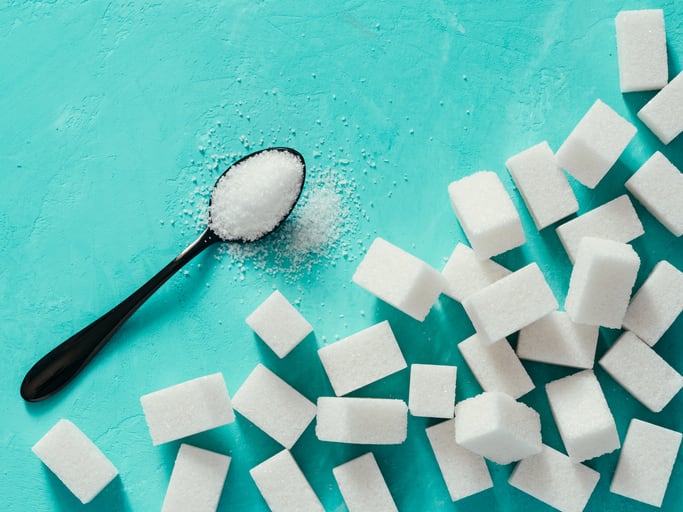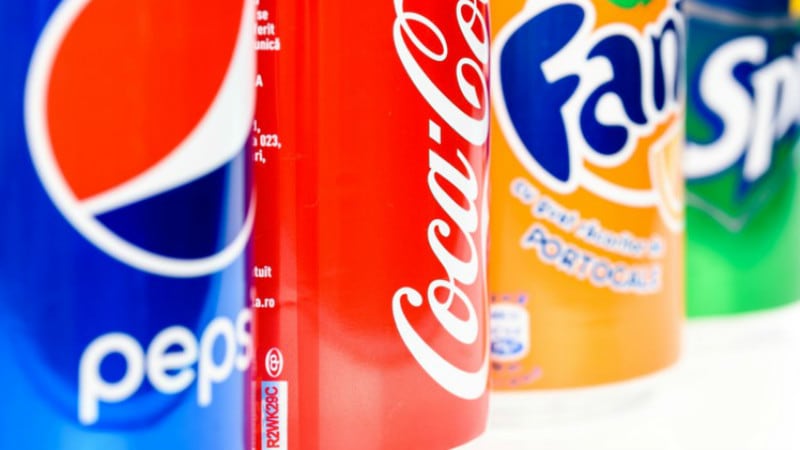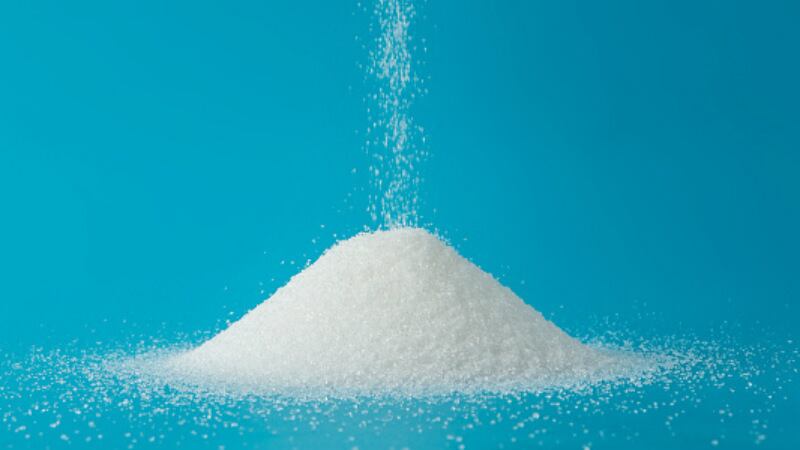A new study from FIA and IGD found 80% of the F&B companies operating in Singapore have begun reformulating products.
Among the 30 companies interviewed across categories in non-alcoholic beverages, confectionery, dairy, cereal and snacks, FIA said all the companies currently working or making plans to reformulate, included sugar reduction on their lists.
What consumers and manufacturers want
Within Asia, more than half of consumers in the studied markets were focused on reducing sugar in their diets, 52% in Singapore, with this statistic increasing to 66% in Thailand.
Steven Bartholomeusz, policy director at FIA told FoodNavigator-Asia: “Consumers in Asia are becoming increasingly health conscious and looking to maintain a healthy diet with 90% of them actively trying to improve their diets.”
“Reducing sugar, fat and eating more fruits and vegetables were the top three priorities consumers saw to improve their diet.”
Taste is a challenge
Bartholomeusz added that about eight in 10 consumers were receptive towards product reformulation as long as they remained tasty.
He stressed that reformulation activities was a continuous process, and the top priority for F&B companies as identified in the study was to maintain taste while ensuring the products were high in nutritional quality.
Sugar reduction was seen as the most difficult nutritional challenge, followed by reducing total calories, cholesterol, saturated fat and salt.
FIA said beyond influencing taste, sugar also played a role in providing texture and preservation.
“This has spurred demand for substitutes that impart sweetness with significantly fewer or no calories, which has in turn pushed the F&B industry to develop a wider range of reduced, low or no-added sugar product variants,” FIA said.
“The result of such reformulation efforts is the introduction of low/non-calorie sweeteners such as stevia and sucralose, which can support the reduction of calories and sugar in one’s diet without affecting the product’s taste profile.”
In the study, manufacturers had also cited the top three challenges as consumer acceptability, maintaining taste, and budget limitations.
“The F&B industry is striving to improve the nutritional quality of their food and beverage portfolios while maintaining the existing taste and flavour profiles to not disaffect consumers,” Bartholomeusz added.
Reformulation approaches
The study also found that 60% of companies were fortifying, while 52% were replacing ingredients with lower or zero calorie substitutes.
Bartholomeusz said government incentives would help encourage more R&D that would deliver tasty, healthy and nutritional products.




